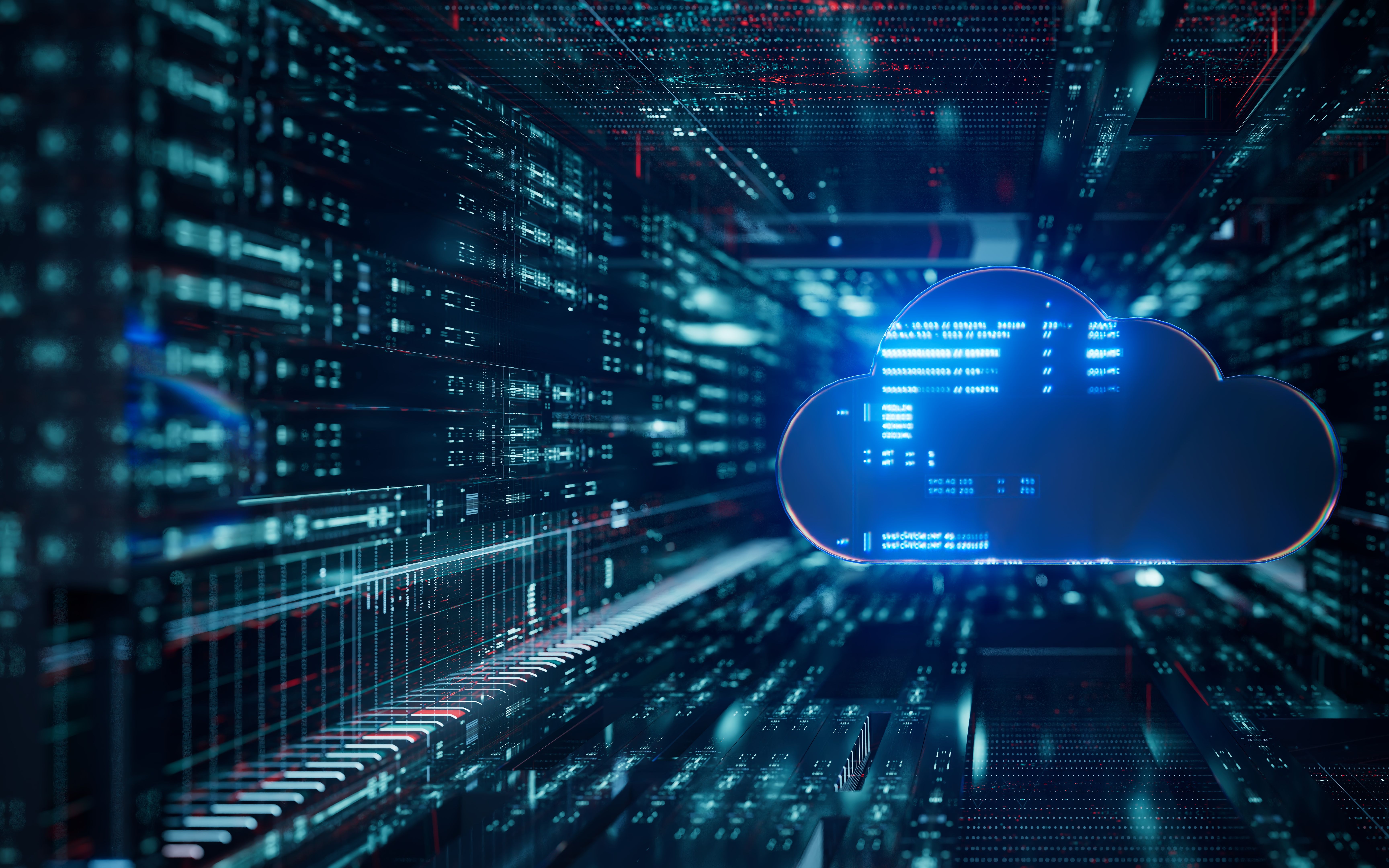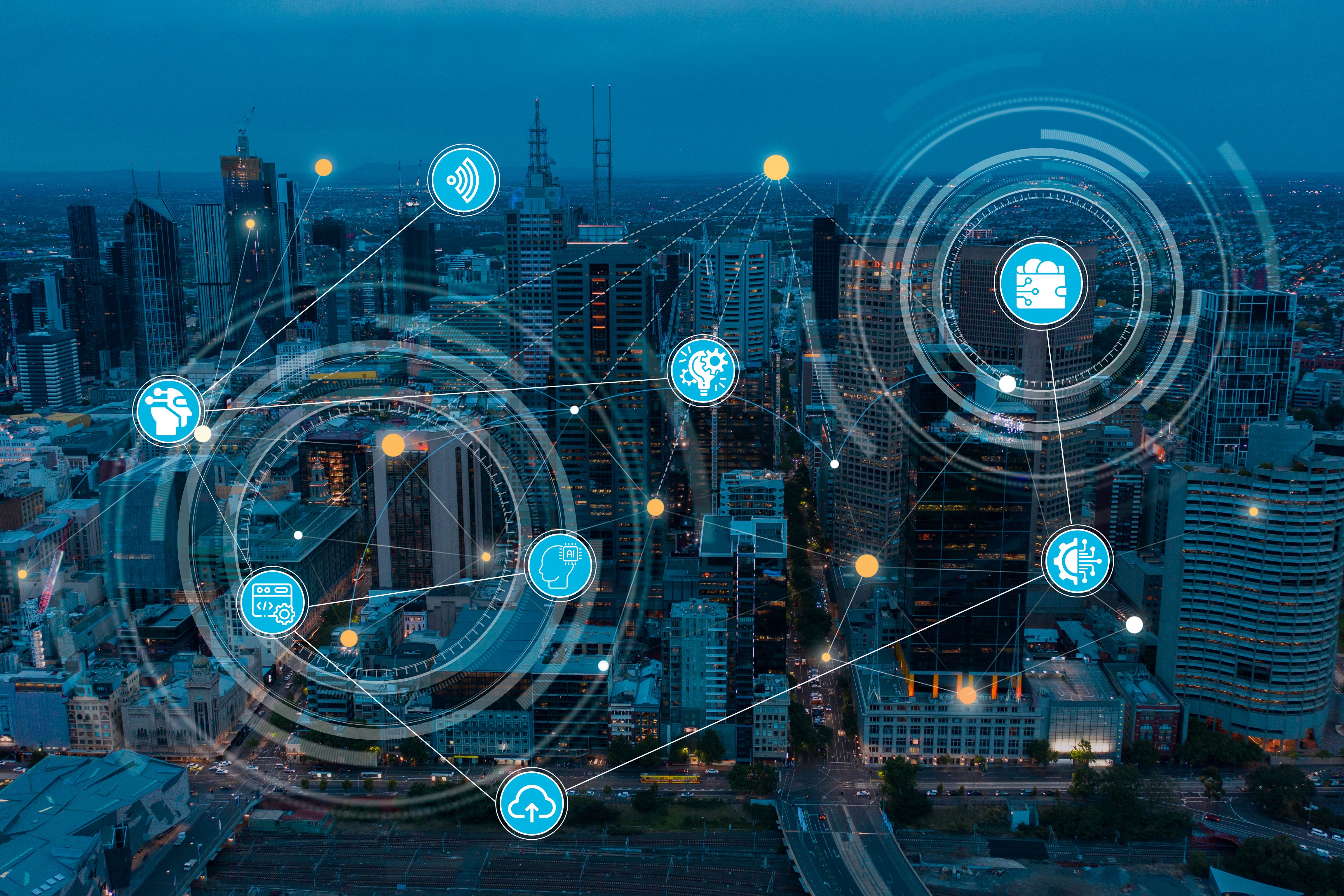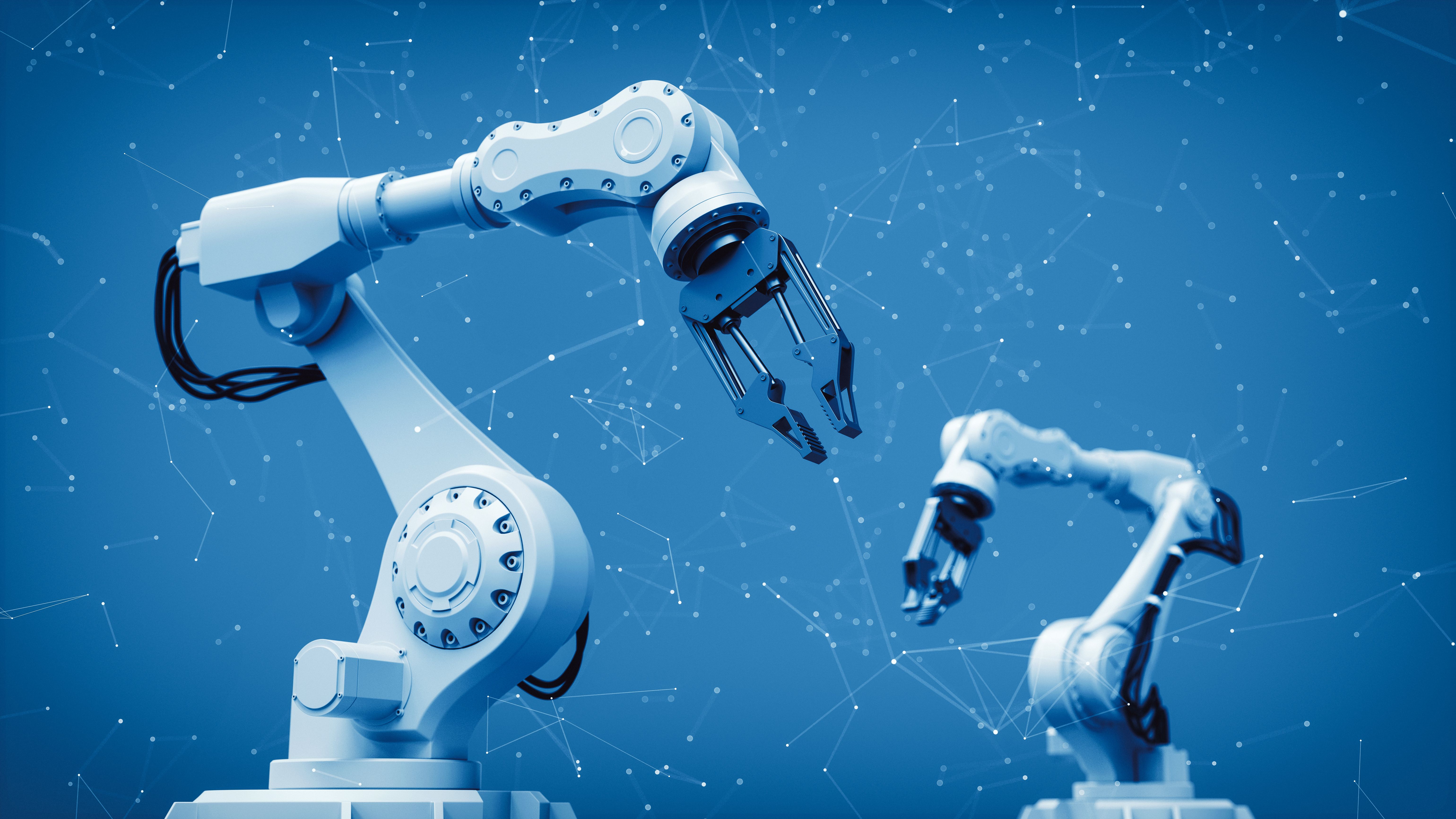AI as Infrastructure: Transforming Society Beyond Apps
ST
AI as Infrastructure: The Next Evolution
Artificial Intelligence (AI) is rapidly evolving from a collection of smart applications to a foundational element of modern infrastructure. This transformation is not only changing how businesses operate but also reshaping societal structures. As AI becomes more integrated into our daily lives, it is essential to understand its potential as infrastructure and the profound impact it can have beyond traditional applications.

The Role of AI in Modern Infrastructure
AI's role in infrastructure is akin to that of electricity in the early 20th century—an invisible but essential force driving innovation and productivity. From smart cities to autonomous vehicles, AI is the backbone enabling efficiency and innovation. Its ability to process vast amounts of data in real-time allows for smarter decision-making and optimization across various sectors, including healthcare, transportation, and energy.
In the context of smart cities, AI helps manage resources more efficiently, reducing waste and improving quality of life. For instance, AI-powered traffic management systems can adapt to real-time conditions, reducing congestion and lowering emissions. This integration illustrates AI's potential to transform urban environments into more sustainable and livable spaces.

Transforming Industries and Job Markets
As AI becomes embedded within infrastructure, it is transforming industries by automating processes and creating new business models. In manufacturing, AI-driven automation increases efficiency and precision, resulting in higher quality products at lower costs. This shift is prompting companies to rethink traditional roles and invest in upskilling their workforce to operate alongside intelligent machines.
However, the transition also raises questions about the future of work. While AI can lead to job displacement in some sectors, it also creates opportunities for new roles that require advanced technical skills. The challenge lies in ensuring that the workforce is prepared for these changes through education and training initiatives.

Shaping Public Policy and Governance
The integration of AI as infrastructure also necessitates reevaluating public policy and governance frameworks. As AI systems become more prevalent, issues surrounding data privacy, security, and ethical use become paramount. Governments and organizations must establish regulations that protect individuals while fostering innovation.
Moreover, equitable access to AI technology is crucial to prevent widening the digital divide. Policymakers must consider how AI can be used to benefit all segments of society, ensuring that advancements do not exacerbate existing inequalities.
The Future of AI as Infrastructure
Looking ahead, the potential for AI as infrastructure is vast. As technology continues to advance, AI will likely become an integral part of critical systems that support daily life. From personalized healthcare solutions to intelligent energy grids that reduce environmental impact, AI's role as infrastructure will be central to addressing some of society's most pressing challenges.
In conclusion, the transformation of AI from an application to a core component of infrastructure is a paradigm shift that promises to redefine societal structures. By embracing this evolution, we can harness the full potential of AI to create a more efficient, equitable, and sustainable future.